Video games have come a long way since the 1980s, evolving from pixelated adventures to the hyper-realistic worlds we see today. However, for many, the golden age of gaming lies in the past. Games from 1980 to 2000 often hold a special place in the hearts of players, not just for nostalgia but for the effort, creativity, and passion that developers poured into them. Below, we explore why classic games still stand tall against modern titles.

Innovation at the Core of Game Design
Between the 1980s and early 2000s, developers were constantly pushing technological boundaries, crafting new game mechanics and experiences. Games like Super Mario Bros. cemented the platforming genre, the The Legend of Zelda: Ocarina of Time revolutionized 3D open-world design, while Sonic the Hedgehog pushed fast-paced, momentum-based platforming to new levels. These innovations were driven by a need to engage players through creativity, as technology placed limits on how much they could deliver graphically.
In contrast, modern games often fall back on tried-and-tested formulas. Sequels, reboots, and annual releases dominate the landscape, focusing more on visuals than gameplay innovations. The rise of microtransactions and freemium models often diverts developers’ attention from core gameplay design.
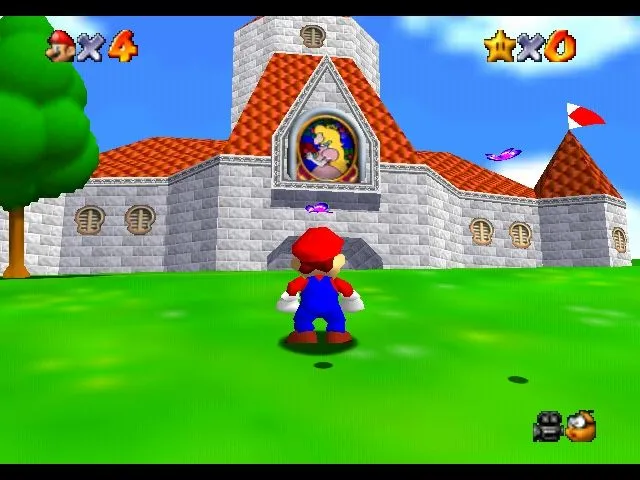
Polished, Complete Games
Classic games were launched as complete packages. Developers spent years polishing the final product, knowing that once a game shipped, there were no post-launch patches to fix bugs. Players could buy a cartridge or CD and expect a fully functional experience. This ensured that games like Super Mario 64 or Final Fantasy VII stood the test of time due to their careful craftsmanship.
In today’s world, it’s not uncommon for games to be released riddled with bugs, with the promise of future patches. Early access models have also normalized releasing unfinished games. While this approach allows for community feedback, it has led to a decline in fully polished experiences at launch.
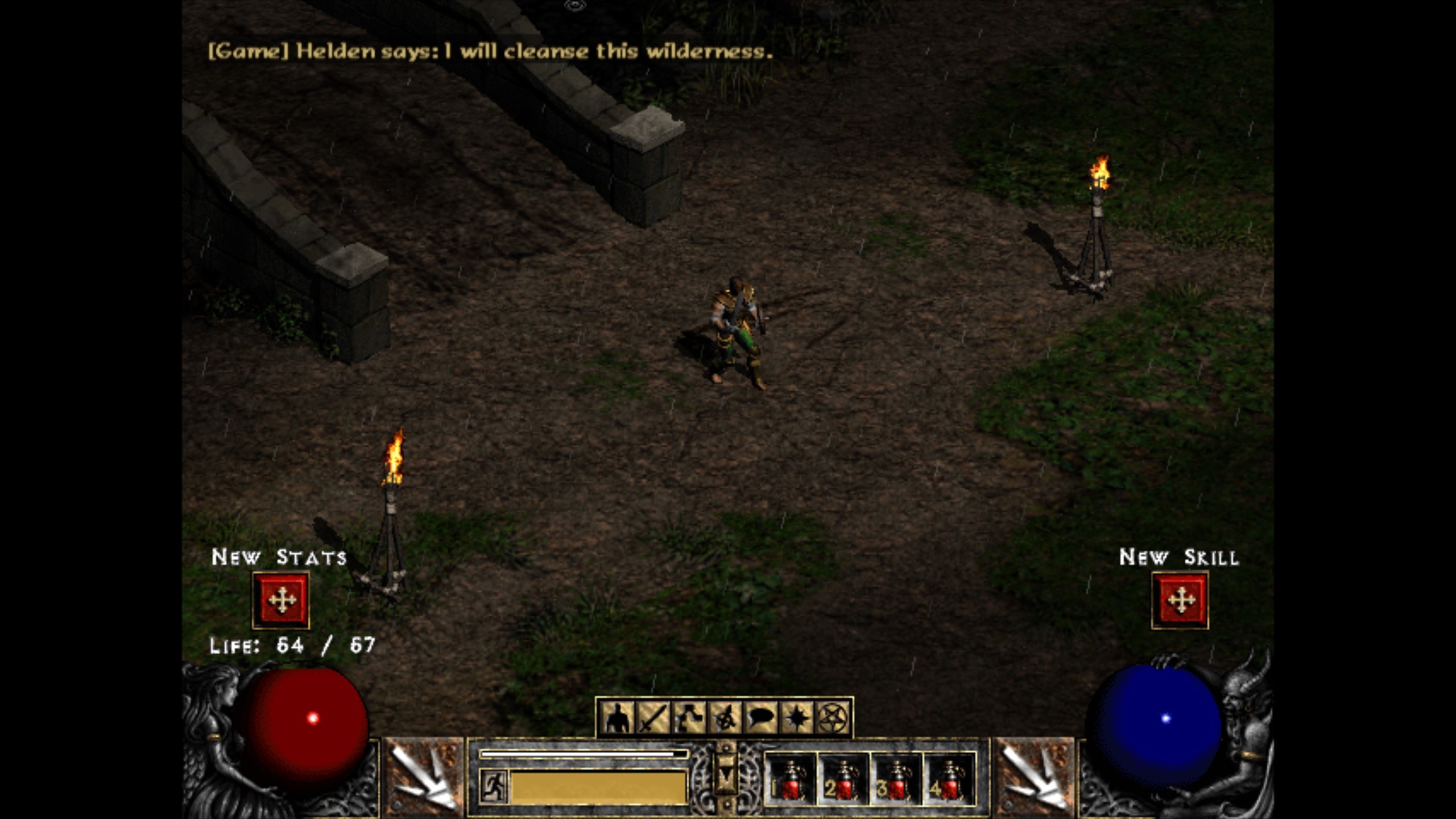
No Microtransactions or Paywalls
Older video games were entirely self-contained experiences. Players paid for a game, and that was it—no hidden costs, no downloadable content (DLC) locked behind a paywall, and certainly no microtransactions. Games like Diablo II or The Legend of Zelda: A Link to the Past offered hundreds of hours of gameplay without asking for an additional dime.
In contrast, modern games often gate progress or cosmetics behind microtransactions. Popular titles like Fortnite and Call of Duty heavily monetize player engagement, prioritizing profits over providing a balanced, rewarding experience.
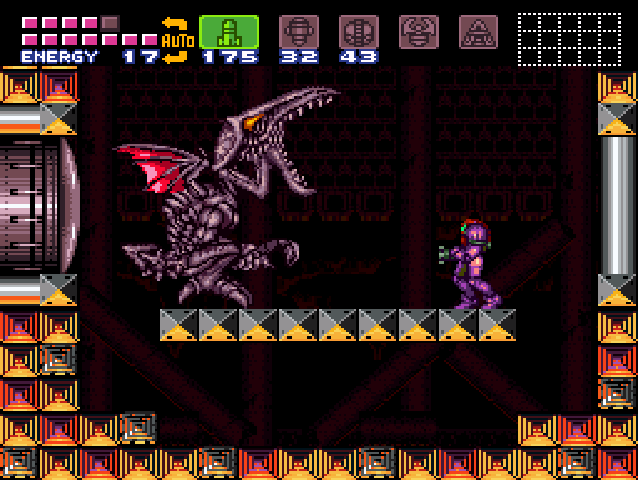
A Labor of Love and Artistry
Developers from the 1980s and 1990s worked under stricter limitations, which pushed them to be creative. They hand-crafted every sprite, soundtrack, and level, resulting in games that felt unique and artistic. The limitations of technology meant that more emphasis was placed on gameplay mechanics and storytelling. Games like Super Metroid, Chrono Trigger and Castlevania: Symphony of the Night are still hailed for their attention to detail, both in narrative depth and visual style.
By comparison, the corporatization of gaming has led to many titles feeling mass-produced. Developers are often beholden to shareholders, leading to tight deadlines, rushed games, and design choices driven more by profit than passion.
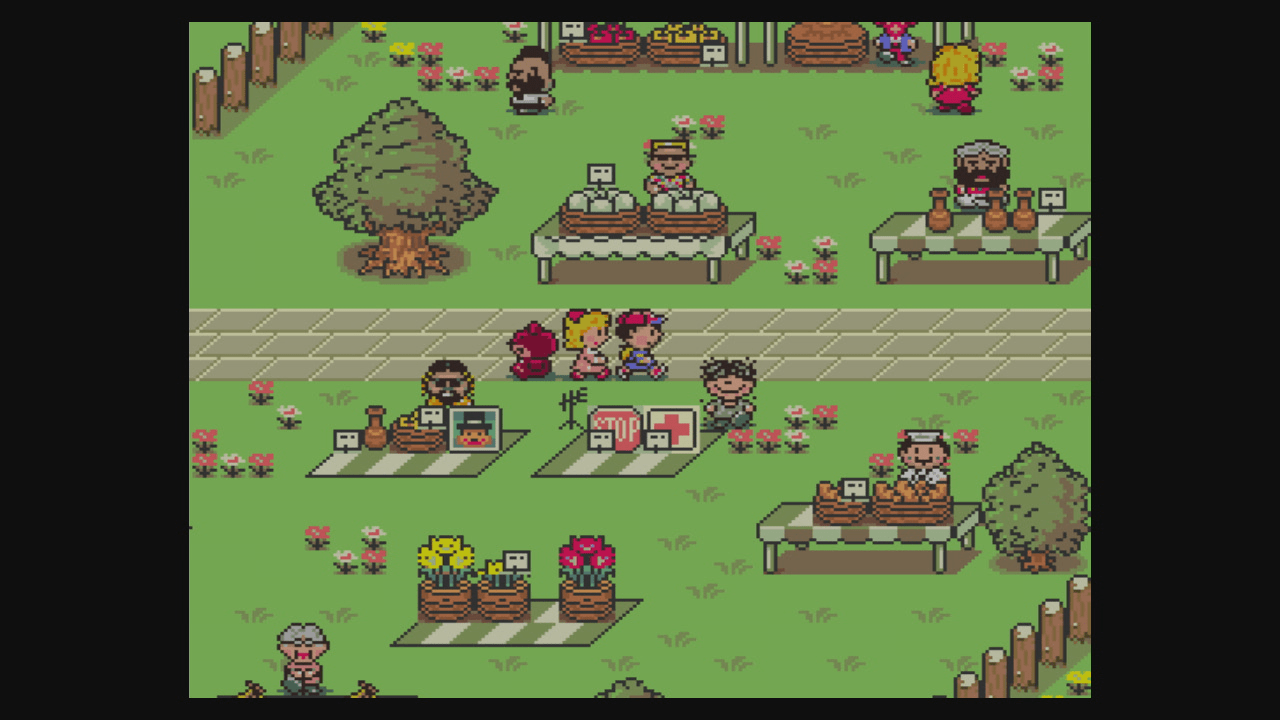
Storytelling Before Politics
Video games from the 1980-2000 era typically steered clear of real-life politics, focusing instead on fantasy worlds, heroic journeys, and immersive storytelling. Games like Earthbound and Final Fantasy VI tackled mature themes, but they did so with a timeless, universal approach. The focus was on the narrative and gameplay experience, rather than inserting commentary on current events.
Modern games sometimes veer toward political commentary, which can feel divisive or heavy-handed. While tackling contemporary issues is not inherently negative, it has become more prominent and can detract from the escapism many players seek in video games.
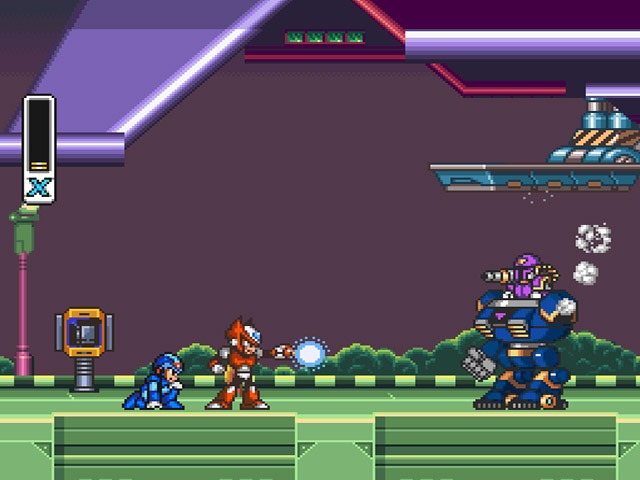
Simplicity and Replayability
Older games thrived on simplicity. Whether it was the arcade-style high scores of Pac-Man or the level-based design of Mega Man X, they were easy to pick up but hard to master. The straightforward controls and mechanics meant that players could enjoy the game without needing extensive tutorials, while the challenge kept them coming back for more.
Modern games, especially those in the AAA category, are often bogged down with overly complex mechanics, lengthy tutorials, and sprawling open worlds that can feel overwhelming. Simplicity doesn’t mean lesser quality—it often fosters a more engaging experience.
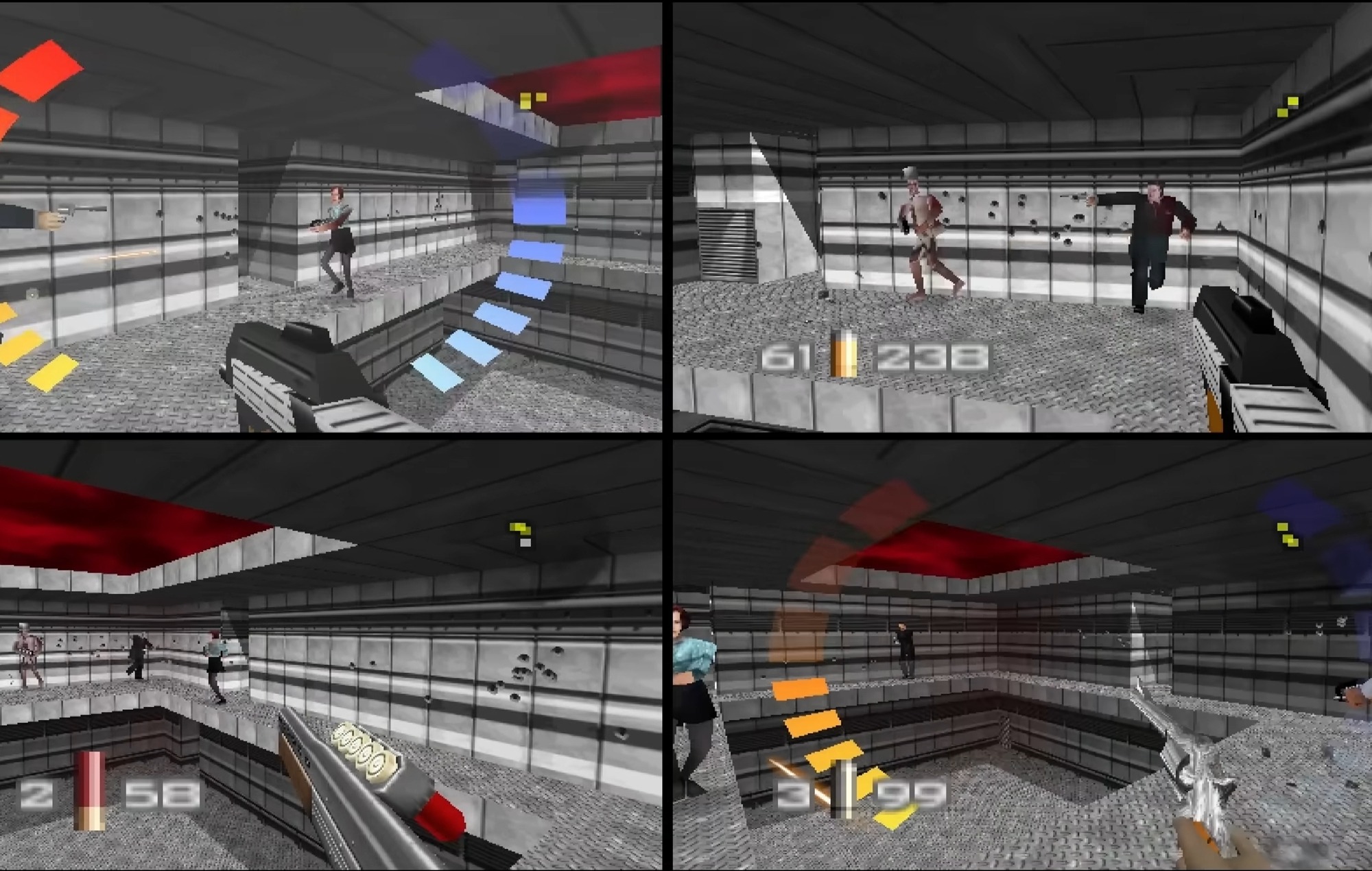
Community and Multiplayer Fun
Old games often encouraged local multiplayer, a feature that fostered social interaction. Couch co-op games like GoldenEye 007 and Mario Kart 64 became legendary for their fun multiplayer modes, bringing friends together in one room. There was something special about gathering around a single TV, battling it out with friends in person.
Today, online multiplayer has become the norm, and while it offers global connectivity, it has eroded the intimate, personal experience of local multiplayer gaming.
Conclusion
The debate over whether old games are better than modern ones isn’t just about nostalgia—it’s about a shift in design philosophy. Games from 1980 to 2000 focused on innovation, artistry, and delivering complete, polished experiences. Modern games, while technically impressive, often prioritize profit over passion, resulting in gameplay that can feel more like a service than an art form.
The magic of classic gaming lies not just in what these games accomplished, but in the love, creativity, and dedication developers put into their work. That era represents a time when gaming was about pushing boundaries and creating memorable experiences that still resonate with players, today.
